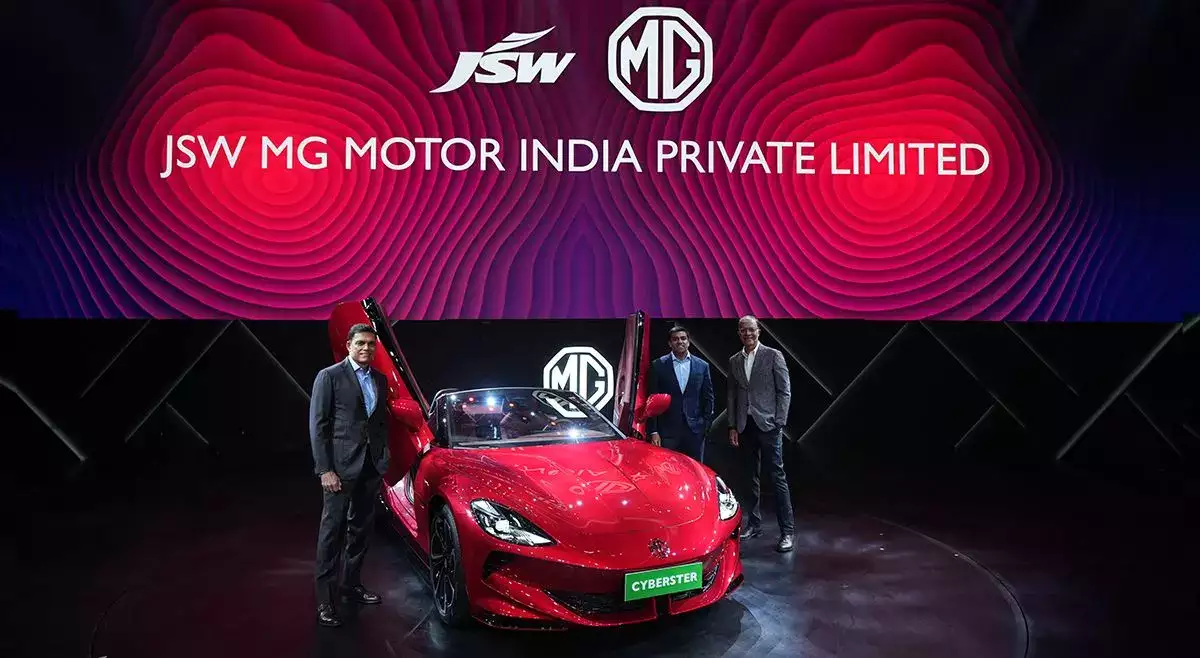
Amid speculations that hybrid vehicles could be considered for tax incentives ahead of the Union Budget, he said only the strong 'plug-in' hybrids, which have the capability to also run as a battery electric vehicle independent from the internal combustion engine, should be considered for such benefits.
"Earlier, we said the size of the car was sub-four meters. We said 1.2-liter engine, 1.5-liter engine based on that we had a lot of GST structure. I think gone are those days," Chaba said in an interaction.
At present, EVs attract 5% GST, hydrogen fuel cell vehicles 12%, passenger vehicles (petrol, CNG, LPG) of up to 4m in length and up to 1,200cc engine 28% with 1% compensation cess.
Diesel passenger vehicles (PVs) of up to 4 metres in length and up to 1,500cc engine have a GST rate of 28% with 3% cess, while PVs of up to 1500cc engine are taxed at 28% with cess of 17%.
PVs with above 1,500cc engine attract GST of 28% with 20 cent cess, and SUVs above 4 metres in length with over 1,500cc engine and more than 170 mm ground clearance have GST of 28% and 22% cess.
Hybrid PVs of up to 4 metres and up to 1200 cc petrol engine or up to 4 metres and up to 1,500 cc diesel engine have a GST rate of 28% without any cess. On the other hand, hybrid PVs above 4 metres or above 1,200 cc petrol engine or above 1,500 cc diesel engine have a GST rate of 28% with 15% cess.
"Can we revolutionise the whole policymaking? Can we start from what's important to the country and the consumer?" Chaba asked.
The GST rates "should be based on what's important for the country" on the basis of environmental friendliness for the car, the ability of the technology used to save import bills, localisation with an independent supply chain and low total cost of ownership.
"Then you make the policy. Based on that policy, if EV is the best, then (it has) 5% GST," he said adding, that if CNG is good it would have some preference over petrol and diesel.
"Strong hybrids will have more preference over petrol and EV will be the best," Chaba suggested.
Acknowledging that such a proposal will not find unanimity in the Indian auto industry, he said it will at least allow the OEMs to focus on the particular technology they choose to focus on.
Commenting on the demand for incentives on hybrid vehicles, Chaba said it should be given only on strong plug-in hybrids which can also run as an independent battery electric vehicle and not on those vehicles in which battery is used only for improving fuel efficiency.
On JSW MG Motor India's product launch programme, he said, "We have five new products approved to be launched in the next one year. Out of this, two will be premium products and the rest will be the mainstream products. The first product starts in a few months from now in the festive period".
The company expects to launch a crossover SUV in the September-October window this year, he added.
About the industry sales growth outlook, he said, "I will still bet on 7-8% growth for the industry rather than 2-3% growth".
Disclaimer: The copyright of this article belongs to the original author. Reposting this article is solely for the purpose of information dissemination and does not constitute any investment advice. If there is any infringement, please contact us immediately. We will make corrections or deletions as necessary. Thank you.





